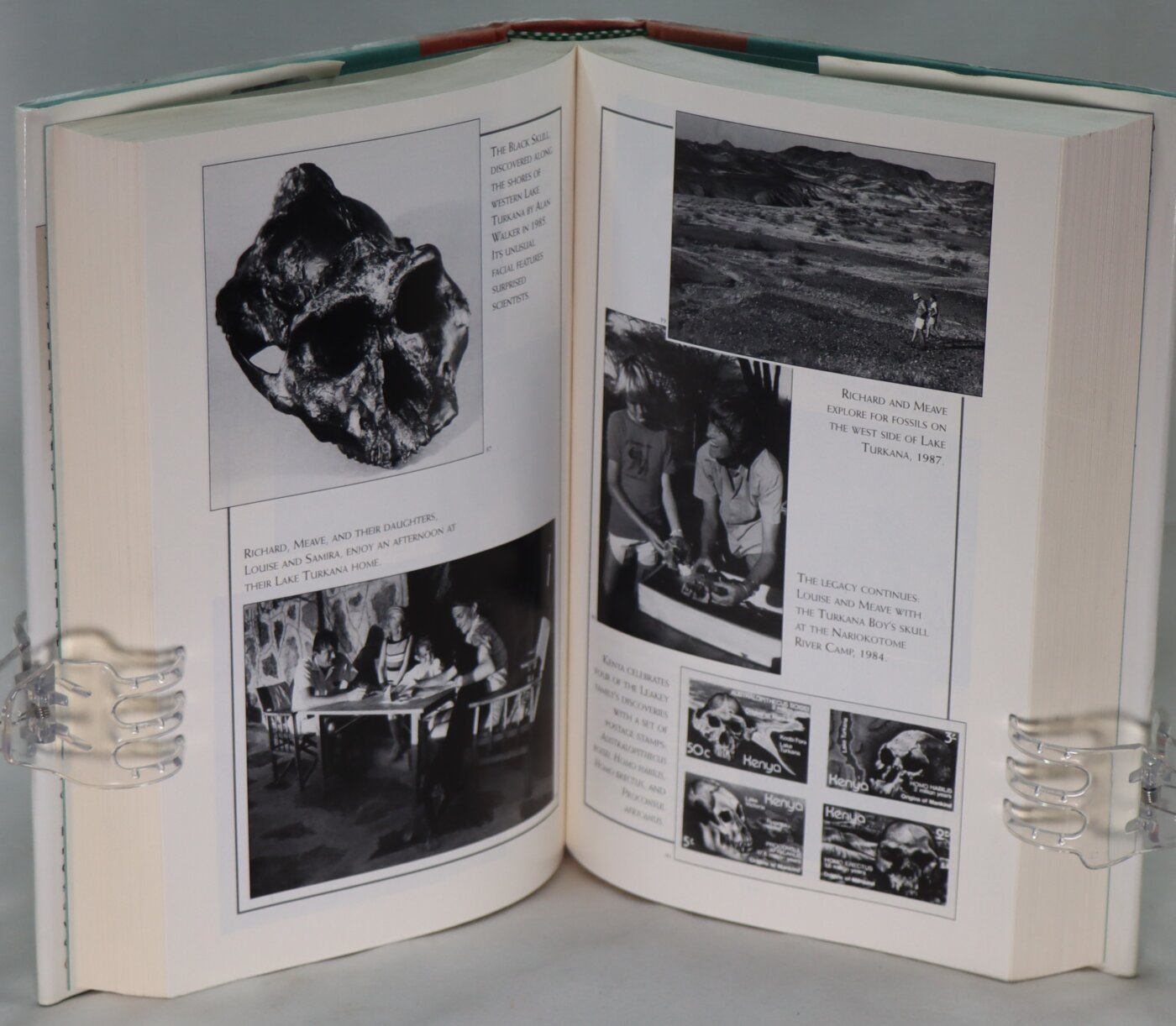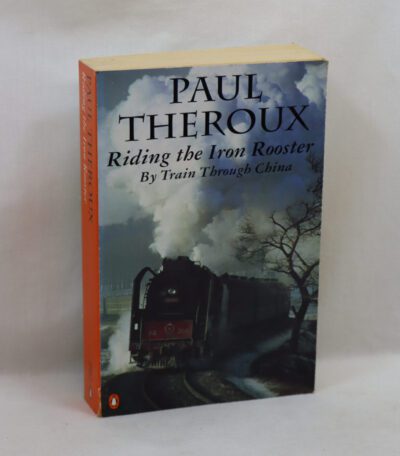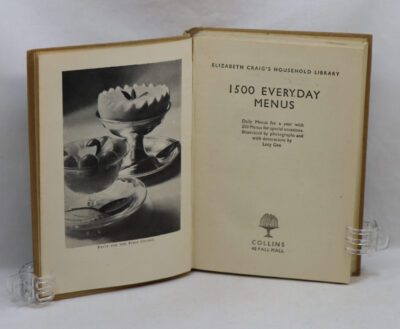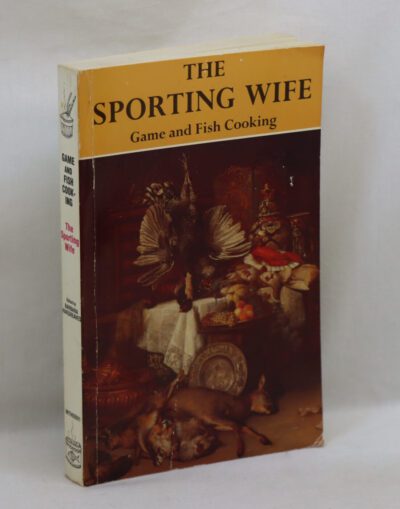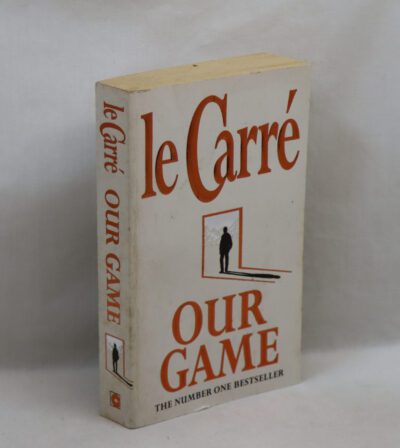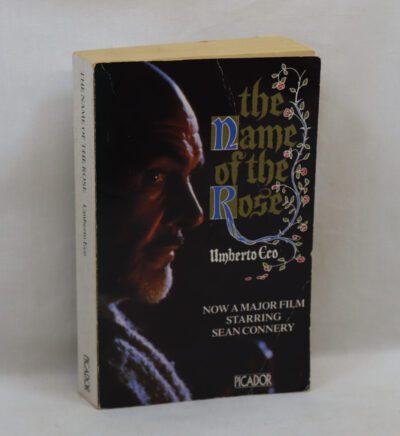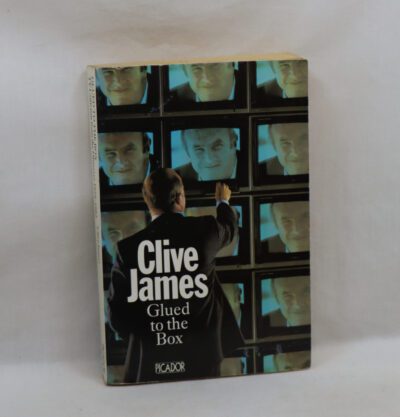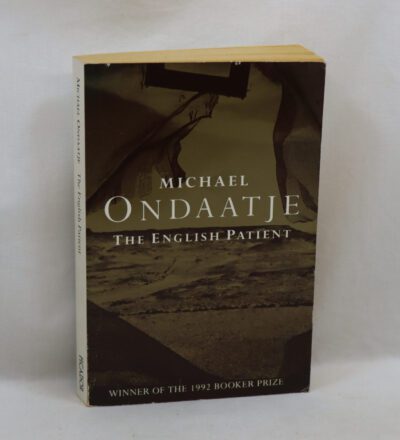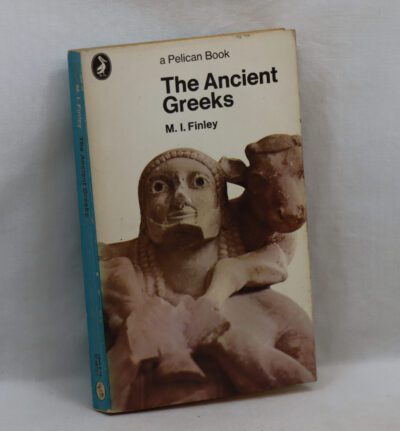Ancestral Passions.
By Virgina Morell
ISBN: 9781426210037
Printed: 1995
Publisher: Simon & Schuster. London
| Dimensions | 16 × 24 × 5 cm |
|---|---|
| Language |
Language: English
Size (cminches): 16 x 24 x 5
Condition: Very good (See explanation of ratings)
Item information
Description
In the original dust jacket. Pink cloth spine with gilt title. Green boards.
- We provide an in-depth photographic presentation of this item to stimulate your feeling and touch. More traditional book descriptions are immediately available
Note: This book carries a £5.00 discount to those that subscribe to the F.B.A. mailing list.
In this fascinating and authoritative work, acclaimed science writer Virginia Morell brings to vivid life the famous and infamous Leakey family, pioneers in the field of paleoanthropology: Louis Leakey, the patriarch, who persisted through initial scientific failures and scandal-ridden divorce to achieve spectacular success in digs throughout East Africa; Mary, his second wife, who worked alongside Louis as they made their outstanding discoveries at Olduvai Gorge and elsewhere; and Richard, their son, who ascended to the top of the field in his parents’ wake, only to be threatened with both near-fatal illness and fierce professional rivalry. Morell transports us into the world of these compelling personalities, demonstrating how a small clan of highly talented and fiercely competitive people came to dominate an entire field of science and to contribute immeasurably to our understanding of the origins of humanity.
Review: Morell’s astounding level of research reveals the Leakeys individually, as a family, and as dogged searchers for the truth about man’s origins–and as living, breathing humans. Through letters, diaries, journals, personal interviews, and family archives, they speak to the reader with unprecedented candor about their personal travails, but more importantly, about their early struggles for funding, their fossil discoveries in remote desert locations, their constant surprise by the historical record, and their uncertainty, to this day, about modern man’s exact lineage.
Some Leakey peccadilloes, never secret, are fully documented here: Louis’s constant womanizing and his “adoption” of young female researchers, such as Jane Goodall, Dian Fossey, and Birute Galdikas; Mary’s scotch-drinking, her cigar-smoking, and her intolerance of those on her Stinker List, some of them other researchers; and Richard’s boyish brashness and arrogance, along with his health problems and dislike of Donald Johanson. Less appreciated, however, is the fact that before Louis’s work and significant discoveries, people still believed that early man was from China or Europe, not Africa. Mary Leakey was the first person ever to excavate a Paleolithic site, and her meticulous care about documenting the tools and animals found in the same strata as her hominid fossils, told here in detail, revolutionized the way fossils were recovered and catalogued. Richard found as many hominid fossils in two years (1971 and 1972) as Mary and Louis found in 36 years, and his level of dedication to research since finding his first hominid fossil at age 6, his mentoring of young researchers, and his creation of museums and foundations in Nairobi have perhaps received less attention than they deserve.
The Leakeys believe at least two and perhaps three or four different hominids may have lived in certain areas simultaneously, sharing space for a million or more years, and that the exact line of descent to modern man is still unknown. Tens of thousands of extinct, fossilized species of hippos, elephants, saber-toothed cats, crocodiles, antelopes, and even insects, unearthed by the Leakeys, are overwhelming evidence that if species, including hominids, do not change and adapt, they die. While some may argue about how certain hominids are labeled, no one can argue with their existence in the historical record, and nearly all of them have been unearthed by just one family. These contributions continue beyond the purview of this book into a new generation: Dr. Louise Leakey and her mother Maeve (Richard’s wife) found yet another completely new hominid species in March, 2001. Mary Whipple
Virginia Morell (born 1949) is an American science writer. She is the author of several books, and is a contributor to National Geographic and Science, among other publications. Morell was born in 1949. She attended Pomona College, graduating in 1971. She specializes in animal behavior, cognition and conservation. Morrell resides in Oregon with her husband Michael McRae.
Morell’s book Ancestral Passions, a biography about the Leakey family, was positively reviewed as a scholarly work.
Morrell authored Animal Wise: The Thoughts and Emotions of Our Fellow Creatures, which was named by Kirkus Reviews as one of the Best Books of 2013 on Nature and the Environment. The book documents research on animal cognition that reveals the mental and emotional lives of animals including ants, dogs, elephants, fish and parrots. Liza Gross who reviewed the book for KQED commented that “Morell obliterates the lines that might separate us from the rest of the animal kingdom by relating trailblazing discoveries of the emotional and intellectual lives of animals. In the process, she challenges us to rethink our ethical obligations to the creatures who share our world.” It was a New York Times Bestseller.
Want to know more about this item?
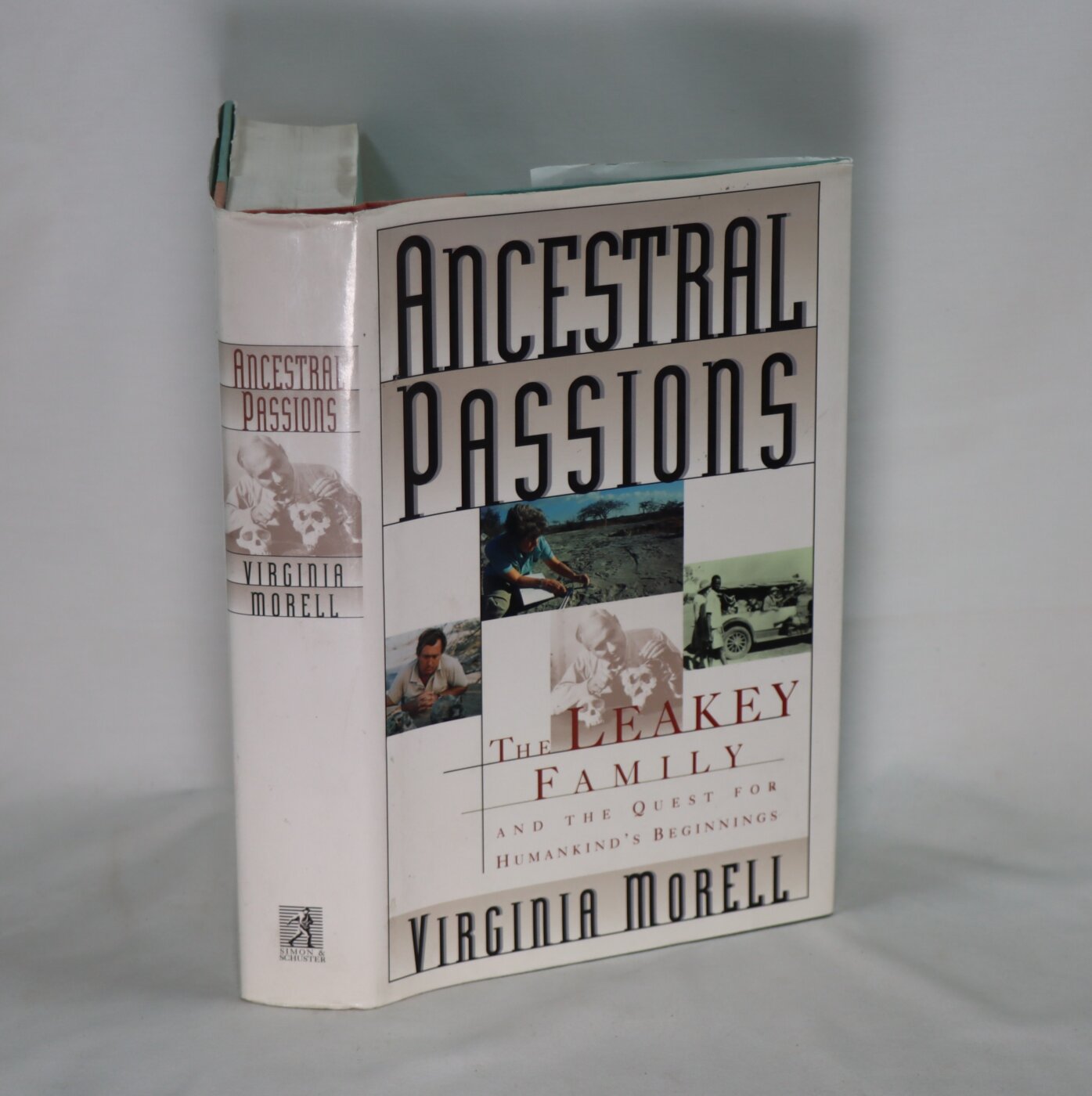
Share this Page with a friend


